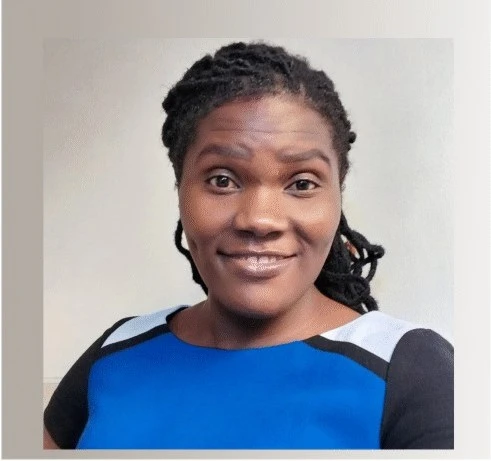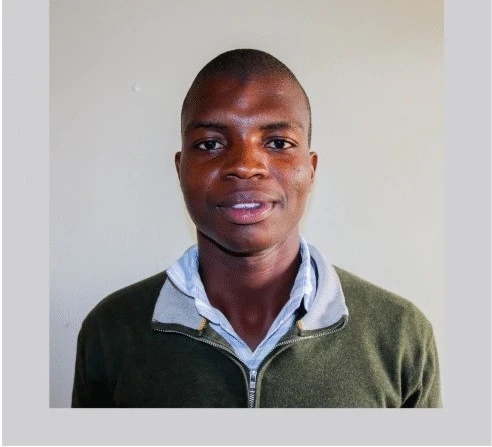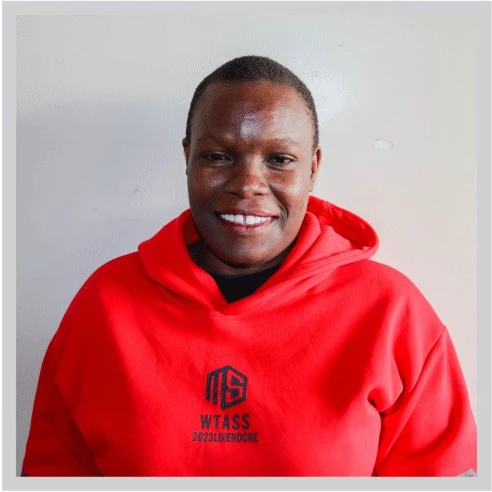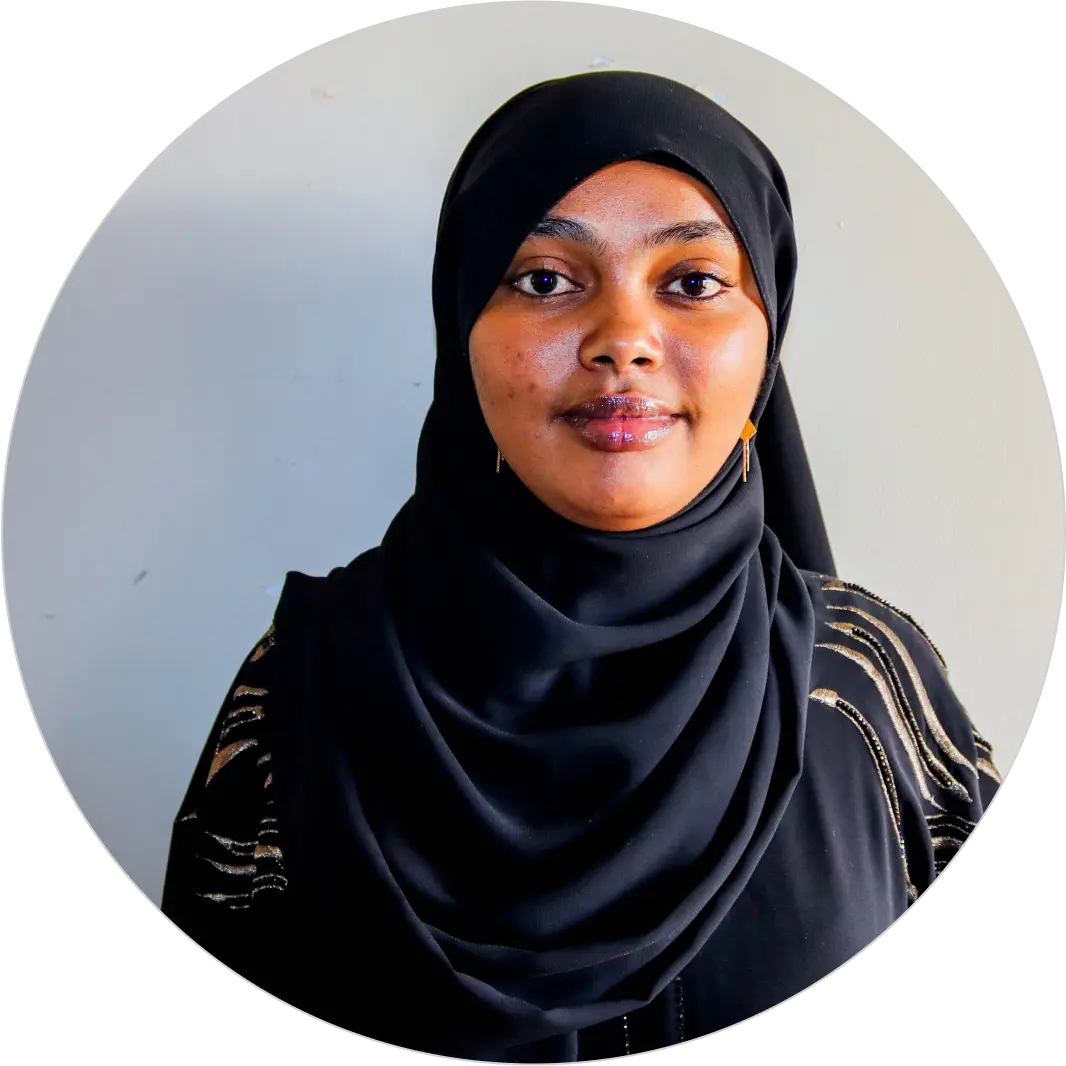+254797 813499
Nairogreen Microsite is an initiative undertaken by the Organization of African Youth Kenya to advocate for climate change and responsible waste management in Nairobi City County. The project is implemented through a partnership with CRWAN Trust Kenya and WeWorld Kenya. The main objective of the project is to plot dumping sites in Nairobi, label them as either illegal or legal and avail this information to the general public
The World is Calling. We’re Answering. Will You?
For too long, we’ve ignored the urgency. But not anymore. Sikiliza Sauti Yetu: Dunia Inaita! is a rallying cry. A movement taking root in Nairobi, Kwale, and Isiolo, driven by climate warriors, waste managers, and young changemakers. It lives in the resolute determination of women who refuse to stand by as their environment deteriorates.Overall, Nairogreen project aims at strengthening the capacity and voice of Kenyan civil society organisations as independent actors of accountability, good governance and sustainable development.
The project, funded by European Union, is being implemented by a consortium of 4 organizations namely
The project specifically supports the targeted CSO/CBOs to directly engage in community, county and national dialogues and plans, through relevant capacity building (Output 1) and multi-stakeholder dialogues. The project also supports the CSO/CBOs and the target communities through specific mitigation and environmental protection activities that are relevant to them and their environment.
This will ensure that the civil societies are prepared to mitigate the environmental changes while advocating for a greener city
To empower local and traditional institutions to actively advocate for ecological protection through initiatives such as tree planting and environmental improvement campaigns
To enhance influence by supporting practical actions with locally and youth-led co-designed climate action research/case studies and utilize the findings to impact citizen action and government response
This project is premised on continuous evidence generation, analysis and application so that all actions are done from an informed point of view. The main evidences produced include;
OAY is enhancing the capacity of 30+ youth-led organisations, student environmental clubs, and 15 climate-focused micro-enterprises through a Training of Trainers model. Key activities include:
Real impact starts with people who have the knowledge and skills to make a difference. Through the project, we intend to influence and impact policy and decision making processes. Ultimately, the youth leaders and youth organizations will have increased influence on policy makers on climate change adaptation and environmental risk management through evidence-based engagement on policy dialogue at community, county, national and international levels. Our policy advocacy is narrowed on 5 key issues namely;
Our advocacy efforts are driven through Youth Climate Policy Advocacy Leadership Development approach, delivered through two strategies; cascaded training of Trainers of Trainers (TOTs) and Youth led thought leadership - Kenya Climate Youth Advisory Council.
Through the TOT model, OAY has brought on board six well-trained Trainers of Trainers (TOTs), whose role is to equip CSOs, CBOs, and waste management groups with practical solutions for tackling climate change and waste management. These trainers don’t just teach—they mentor, guide, and empower. They’re ensuring that communities have the tools to not only understand the challenges but also take the lead in solving them. Their focus? Sustainable waste management, climate resilience, and effective advocacy. By strengthening the capacity of local organizations, the project is laying the foundation for real, lasting change—one that is community-driven, solution-oriented, and built to last. Below is the profile of the TOT Team
The Kenya Youth Climate Advisory Council (KYCAC) is a youth-led initiative established by the Organization of African Youth (OAY) to drive grassroots climate action and influence policy at both county and national levels. With nine members from Nairobi, Kwale, and Isiolo—the Sikiliza Sauti Yetu (SSY) project focus areas—KYCAC is gender-inclusive, disability-inclusive, and features representation from the European Union Sounding Board, ensuring diverse and impactful advocacy.
1. Community Engagement – Mobilizing youth to identify and address local climate challenges.
2. Grassroots Empowerment– Strengthening youth organizations in waste management, advocacy, and leadership.
3. Policy Influence-Ensuring young voices shape climate policies at all levels. KCYAC bridges the gap between communities and decision-makers, ensuring that climate action is youth-driven, inclusive, and solutions-focused.

Climate Policy Advocate & Community Development Practitioner

Environmental Scientist & Climate Advocate

Climate Justice Advocate & Digital Communications Strategist

Founder, Diani Youth Beach Cleaning Kenya (DYBC)

Assistant Program Manager, TeamEnvironment Kenya (TEK)

Chairman & Co-Founder, Sustainable Jamii Association and EU Youth Sounding Board

Human Rights & Disability Inclusion Advocate | Climate & Food Security Champion

Policy & Youth Engagement Specialist | National Youth Council

Secretary General, Lath Midani Organization